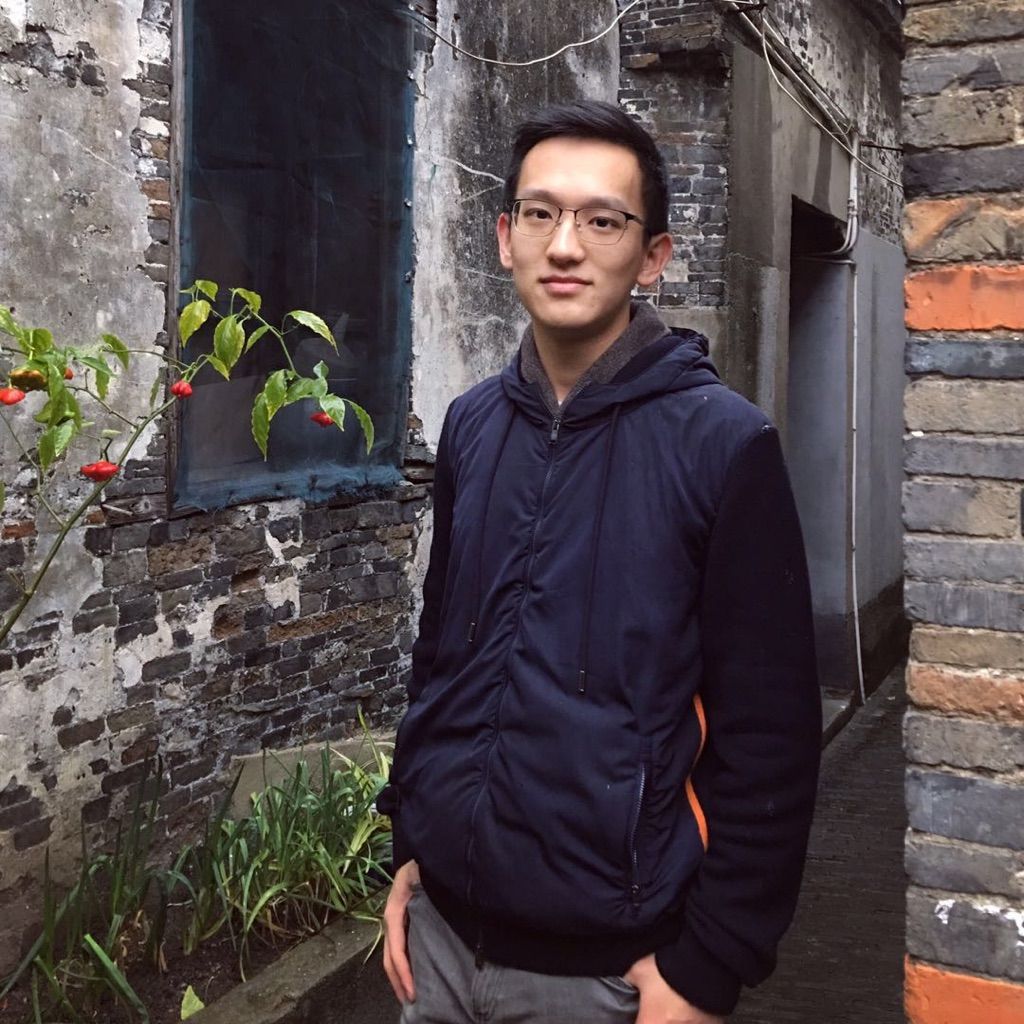Arriving at Northwestern from the Colorado Springs School in Colorado, Victor Wang always wanted to pursue undergraduate research. Now a junior majoring in political science and economics, he accomplished his goal last summer as he studied the U.S. Department of Commerce’s decisions on the steel and aluminum tariff exclusion requests from American firms. With the guidance of political science professor Stephen Nelson and a grant from the undergraduate research office, Wang discovered that political affiliations of the firms may enter into consideration as the commerce department reviews tariff exemptions, but not in the way many would suspect.

The tariffs Wang examined are part of President Trump’s signature protectionist trade policy. In March 2018, the Trump administration imposed tariffs of 25% on steel and 10% on aluminum, adding those metals to a list of imports being taxed under the “America First” economic agenda.
While the tariff itself is widely advertised by the president, the public is less aware of American firms’ ability to avoid paying the tariffs by requesting exclusion from the Department of Commerce.
“He’s the first scholar, as far as I know, to look systematically at this issue,” Nelson wrote to NBN in an email. “It's valuable analysis because we know very little about how this has played out.”
Wang was also unaware of the policy at first. In fact, the Yangzhou, China native had a different topic in mind when he first approached Nelson in the winter of his sophomore year about a potential research project.
During his first year in Evanston, Wang developed a strong interest in international trade after taking two courses with Nelson, who specializes in international political economy. Meanwhile, the U.S., a country which Wang calls his “second home,” was launching a trade war against China, where Wang was raised.
Wang recalled that he was worried about the negative impacts the trade war would have, but was also interested to see how it could play out. When it was time to conduct his own research, Wang first considered studying the trade war, an idea soon abandoned after a conversation with Nelson. As a Chinese citizen, Wang knew too well that the lack of transparency in the Chinese political system would likely prevent him from getting needed information.
The new research topic hit Wang by surprise. A few weeks after his initial meetings with Nelson, Wang stumbled upon an article discussing tariff exclusion among the materials Nelson gave him to read. He immediately thought the topic was worth exploring.
Recalling research work he read in the past about the relationship between politics and protectionism, Wang decided to examine the connection between the political affiliation of the firm and the success of the steel and aluminum tariff exclusion request.
After two months of research, Wang had a preliminary paper and a surprising result. In the 16-month period his study covered, Wang found that firms with less Republican associations, either through direct donations or voting pattern of the company’s employees, are more likely to receive the tariff exclusion by the Department of Commerce under a Republican-controlled white house.
“I have several explanations I could give regarding why Democratic leaning companies are approved more often,” Wang said. But he is reluctant to come to a definitive answer, believing that more data can be looked at.
Although his busy schedule has prevented him from continuing his research into the school year, Wang hopes to follow up on his work, and even develop it into a senior thesis.
“There are some new developments with the tariffs, like some countries have been excluded from it,” Wang said.“I’ve seen news articles saying this tariff will further damage medium and small sized American businesses’ abilities.”
The 21-year-old researcher has a mission in mind as he prepares for further research on the Department of Commerce’s decision making process in granting tariff exemptions.
“I think the real point is that the researchers are the people who have the time and resources to study these things,” Wang said. “It’s their responsibility to use their research to help the world to be better, to help people know what’s really going on.”